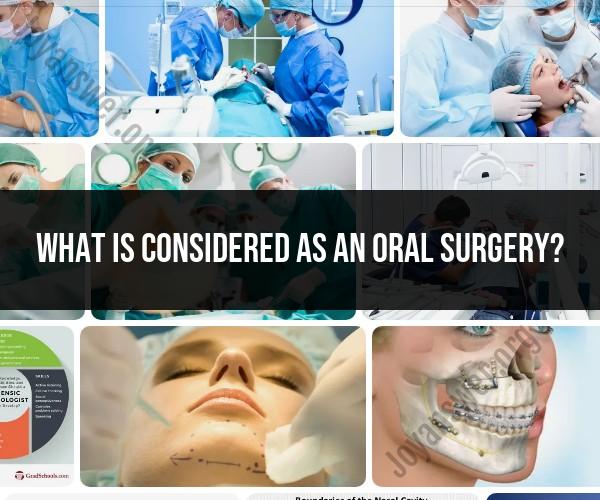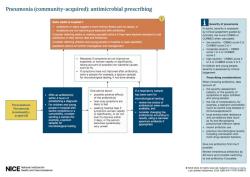What is considered as an oral surgery?
Oral surgery is a specialized field of dentistry that involves surgical procedures performed within the oral and maxillofacial region. These procedures are typically more complex and invasive than routine dental treatments and are often necessary to address various oral and facial conditions. Here are some common types of oral surgery procedures:
Tooth Extractions: One of the most common oral surgery procedures is the extraction of teeth. This may include removing wisdom teeth (third molars) that are impacted or causing pain, or extracting damaged or decayed teeth that cannot be saved through other dental procedures.
Dental Implants: Oral surgeons perform dental implant surgeries to replace missing teeth. This involves surgically placing a metal implant into the jawbone, which serves as an anchor for a prosthetic tooth (crown).
Orthognathic Surgery: This surgery is performed to correct jaw and facial irregularities, such as overbites, underbites, and misaligned jaws. It can improve both the aesthetic appearance of the face and the patient's ability to chew and speak.
Bone Grafting: In cases where the jawbone has insufficient volume or density to support dental implants, oral surgeons may perform bone grafting procedures. This involves transplanting bone tissue from another part of the body or using synthetic materials to augment the jawbone.
Treatment of Oral Pathologies: Oral surgeons diagnose and treat various oral and facial pathologies, including cysts, tumors, and infections. Surgical removal of these conditions may be necessary to prevent further complications.
Apicoectomy: This is a surgical procedure to remove the tip (apex) of a tooth's root and the surrounding infected tissue. It is typically performed when a root canal treatment has failed, and the infection persists.
Pre-Prosthetic Surgery: Oral surgeons prepare the mouth for the placement of dentures or other dental prosthetics. This may involve smoothing or reshaping the jawbone or soft tissues to ensure a proper fit.
Treatment of Temporomandibular Joint (TMJ) Disorders: Oral surgeons can address TMJ disorders through various surgical techniques when conservative treatments like physical therapy and medications are ineffective.
Facial Trauma Surgery: In cases of facial injuries resulting from accidents or sports-related incidents, oral surgeons are trained to repair and reconstruct facial bones and tissues.
Obstructive Sleep Apnea (OSA) Treatment: Surgical options, such as uvulopalatopharyngoplasty (UPPP) or genioglossus advancement (GA), may be considered for patients with severe OSA who do not respond to non-surgical treatments like continuous positive airway pressure (CPAP) therapy.
Oral surgeons are highly trained and skilled professionals who work in conjunction with other healthcare providers to address complex oral and facial issues. Patients are typically referred to oral surgeons by general dentists when specialized surgical treatment is required.











